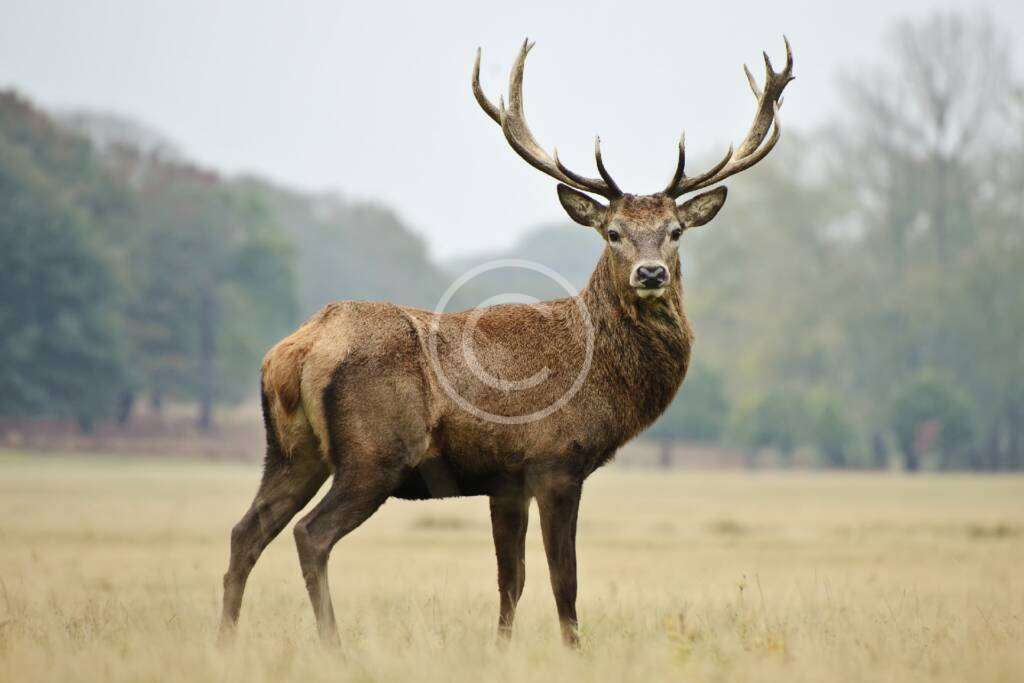Hunting Licenses: What You Need to Know Today
If you’re preparing for a hunting trip, securing a valid hunting license is the first step. Hunting licenses are essential for legal and ethical hunting, ensuring wildlife conservation and public safety. This guide provides everything you need to know about **hunting licenses**, from requirements and types to application processes.

1. Why Hunting Licenses Are Important
Purpose: Hunting licenses help regulate wildlife populations, protect ecosystems, and fund conservation efforts. They also ensure hunters are trained and follow state regulations.
Key Benefits:
- Promote ethical and sustainable hunting practices.
- Provide funding for wildlife management and habitat restoration.
- Ensure public safety by requiring hunter education.
2. Types of Hunting Licenses
Overview: There are various types of hunting licenses available, depending on your target species, residency status, and hunting methods.
Common Types:
- Resident License: For individuals residing in the state where they plan to hunt.
- Non-Resident License: For out-of-state hunters; often more expensive than resident licenses.
- Specialty Licenses: For specific game like deer, waterfowl, or turkey.
- Youth Licenses: Discounted licenses for young hunters, often under 16 years old.
3. Requirements for Obtaining a Hunting License
Basic Requirements: Each state has specific prerequisites for obtaining a hunting license. Here’s what you typically need:
- Hunter Education Course: Most states require hunters to complete a certified hunter safety course.
- Age Restrictions: Minimum age requirements vary by state and game species.
- Identification: A government-issued ID to verify residency and identity.
State-Specific Regulations: Check your state’s wildlife agency website for detailed requirements. For example, California Department of Fish and Wildlife.
4. How to Apply for a Hunting License
Step-by-Step Guide: Applying for a hunting license is a straightforward process in most states. Here’s how:
- Complete a hunter education course (if required).
- Gather necessary documents, such as ID and proof of residency.
- Visit your state’s wildlife agency website or local office.
- Select the appropriate license type and pay the fee.
- Receive your license online or by mail.
Pro Tip: Many states offer online applications, making it quick and convenient to get your license. For example, visit US Fish and Wildlife Service for federal permits.
5. Key Considerations for Hunters
Plan Ahead: Hunting seasons and license availability vary by state and species. Apply early to ensure compliance with deadlines.
Carry Your License: Always keep your hunting license with you in the field to avoid penalties.
Respect Regulations: Follow bag limits, seasonal restrictions, and local hunting laws to promote conservation and safety.

